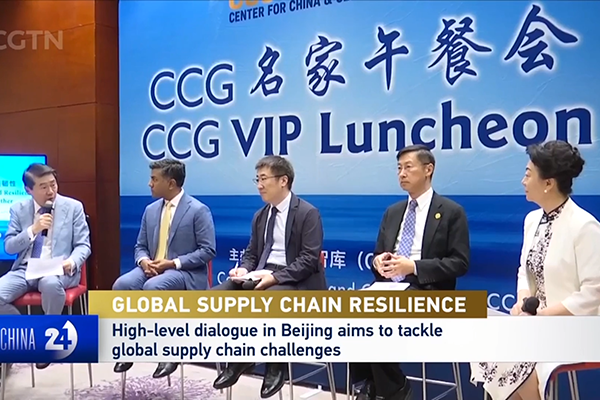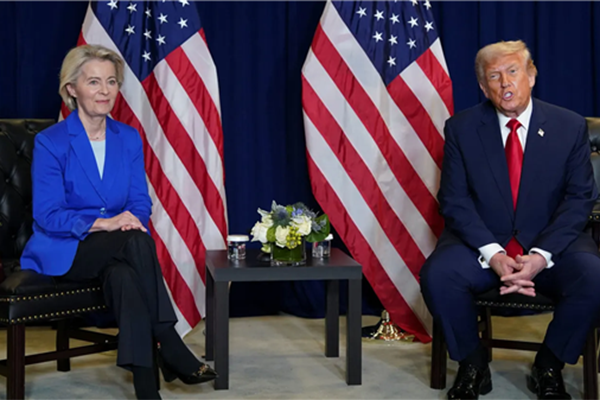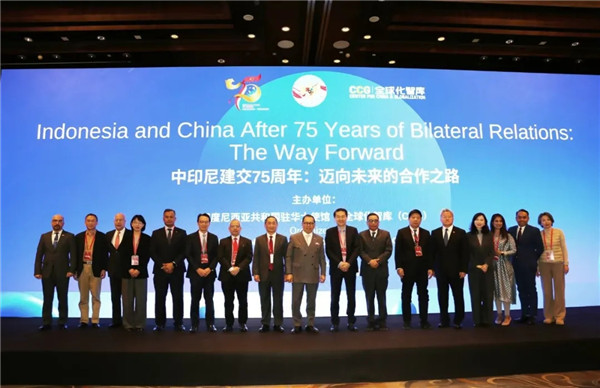CGTN | RCEP Comes into Force: 21st century throws spotlight on Asia
January 12 , 2022
The Center for China and Globalization(CCG) hosted a seminar discussing top diplomat Kishore Mahbubani’s new book, The Asian 21st Century. The world’s biggest free trade agreement which has just come into force, the Regional Comprehensive Economic Partnership, was a big talking point. Guo Tianqi shares with us the experts’ take on how RCEP will shape Asia.
RCEP was launched by ASEAN in 2012 and took eight years to come into force until January 1 this year. RCEP Members include China, Japan, South Korea, Australia, New Zealand and the ten ASEAN countries. The RCEP covers nearly half of the world’s population and nearly one third of its trade volume, making it the most dynamic free trade area in the world with the largest population and the most diverse membership.
Experts believe RCEP is a good example that Asia can fully embrace the trend of globalization.
MICHAEL POWERS Professor, School of Economics and Management, Tsinghua University “This organization break through history and breaks down some assumptions about who will join what organizations. In that sense it breaks down barriers.”
RCEP members will further ease market access standards, cut tariffs and offer reciprocal policies to each other. Experts also believe that in the face of the challenging international relations, other regions in Asia including South Asia and West Asia, should also be united to usher in the “Asia’s century”.
RONG YING Deputy Dean, China Institute of International Studies “Asia as a whole has to first and foremost work hard to ensure their development are going to be sustainable, their development are going to be equitable, their development are going to be inclusive. And equally important I think Asia as a whole, big countries China, India and Japan and others have to cooperate by taking care of their differences.”
GUO TIANQI Beijing “Experts say that with the RCEP coming into force, Asia will be the center of 21st century. As a matter of that, Asia should take more responsibilities for the globalization and multilateralism of the world. Guo Tianqi, CGTN, Beijing.”
From CGTN, 2022-1-12






